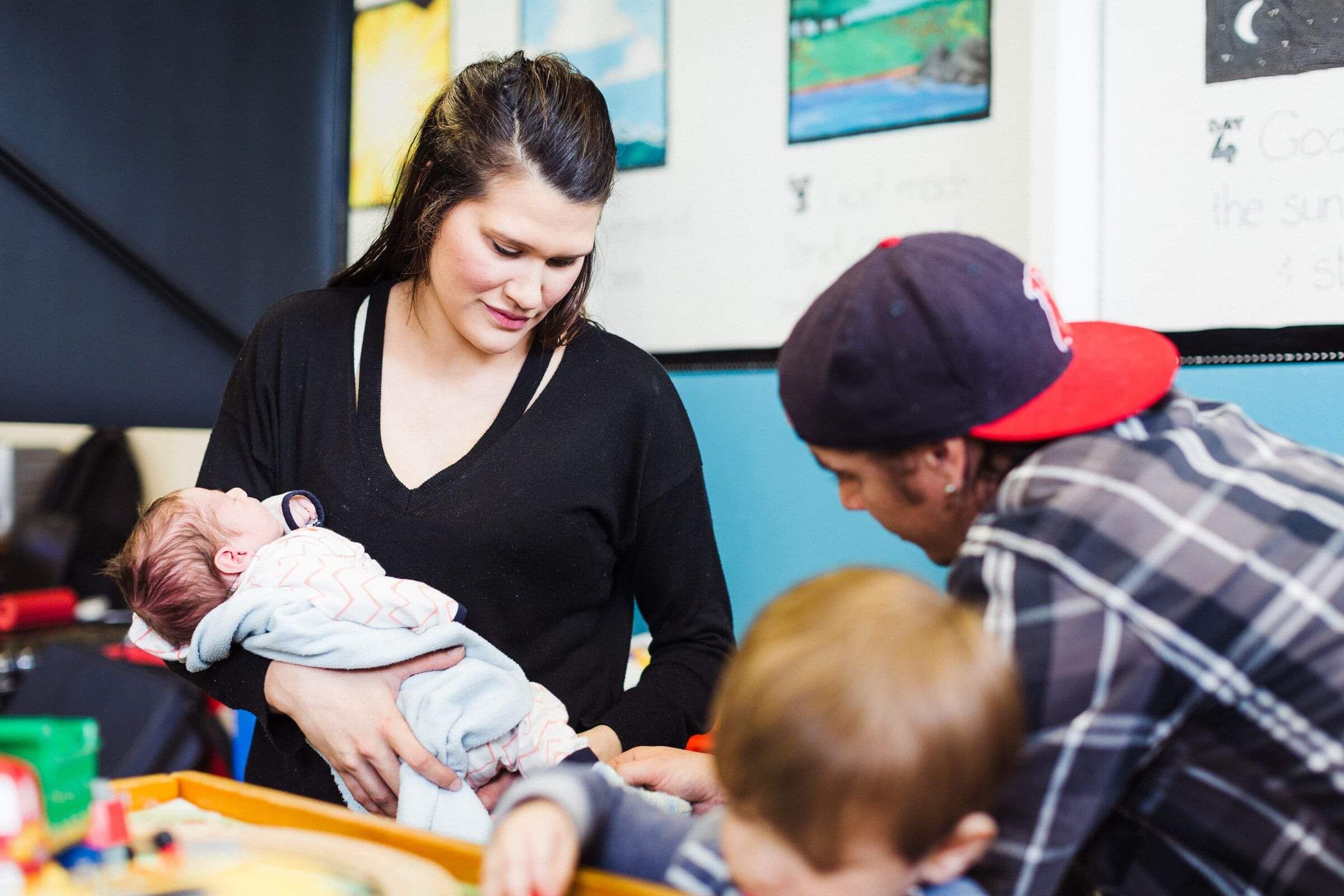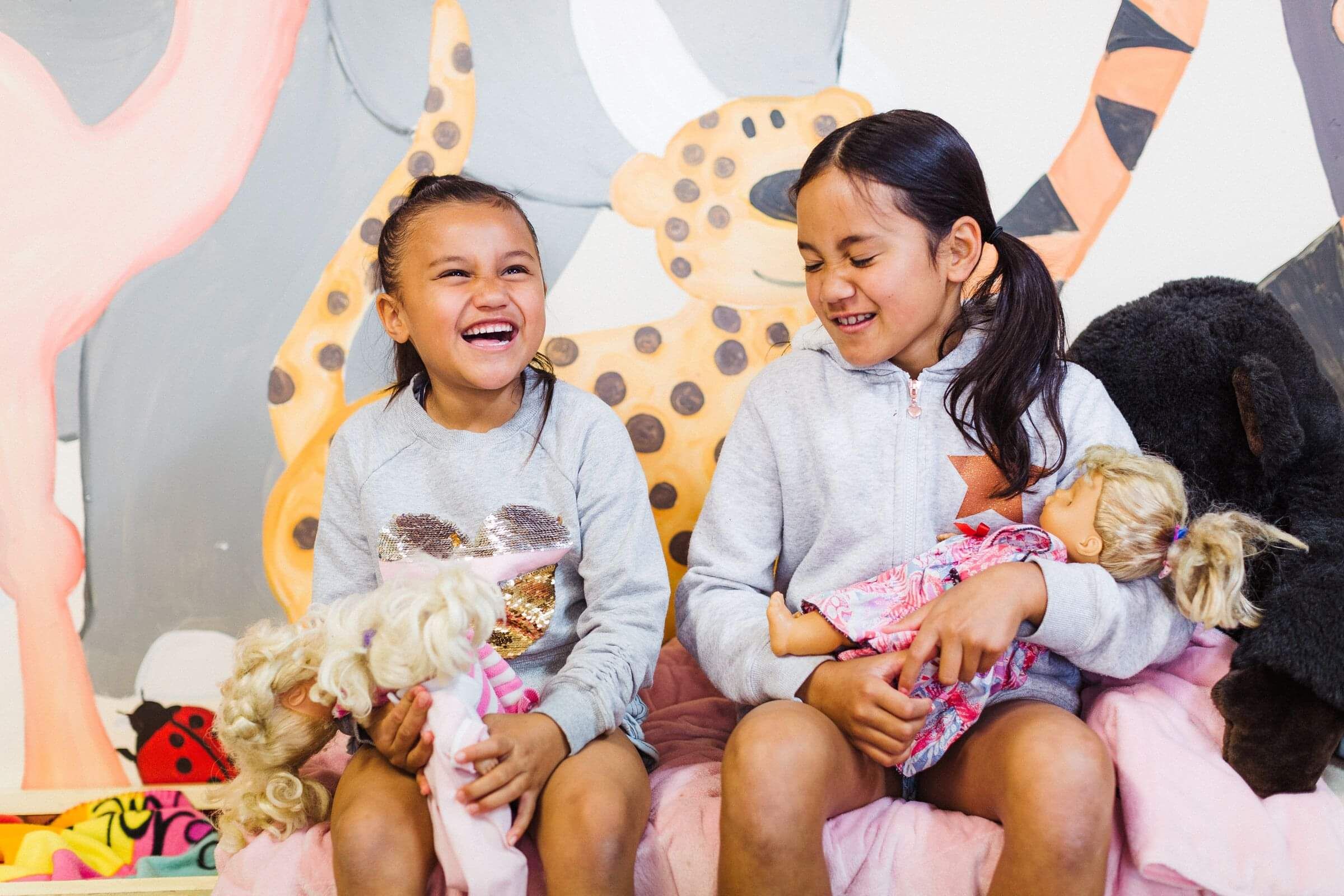The first 1,000 days
Babies are born wired and ready to connect and to learn. It's never too early for interaction!
Babies' brain doubles in size in their first year of life and will be four fifths the size of an adult brain by their third birthday. In those first thousand days, 80% of neural connections will be made. The language environment babies experience makes all the difference to their development during this period of tremendous growth.
Responsive communication will play a vital role in that process. Here at Talking Matters, we are passionate about sharing the magic of early brain development and the significance of “serve and return”. Our mission is supporting all the adults in children’s lives to create and sustain the language-rich environments that, literally, build babies’ brains.
Some of us get really geeky over the science; others view it mostly as a process of human connection and love; some cannot separate matters of culture and identity from the scientific facts. And all of us are right.
The Centre on the Developing Child at Harvard University leads the way in contemporary western understanding of Serve & Return and its role in child development.
However, we encourage our followers and partners – whānau, professionals, iwi, government – to explore the full range of voices on the subject to find the stories and examples that make sense to them and to their communities.
We have gathered together examples of different organisations in different parts of the world (including Aotearoa) making sense of the first 1,000 days and Serve and Return for the communities they’re engaged with.
Check them out and share the messages that resonate with you and your family, community or practice. There are gaps, of course; we’re keen to explore with others the messages that really ‘speak to’ different audiences.
Dive deeper
This is a selection of videos and articles from trusted sources and partners that do a really good job at explaining why early interaction is so important!
Serve & Return
The Centre on the Developing Child at Harvard University leads the way in contemporary western understanding of Serve & Return and its role in child development. This short video is their intro to the concept.
Building Brains
This video from Moana Research (Aotearoa) provides an insight into how a young brain develops and the importance of daily interactions between your child and their carers.
5 Steps to Serve and Return
This video, also by Moana Research resource offers a five-step process that aids in helping to lay a strong foundation for the brain development of your child – you’re probably already doing some of these without realising!
Responsive relationships build strong brains
This video, from the UK's lead children's charity (NSPCC) emphasizes the importance of relationships and attachment for early brain development.
Thalia Wright talks about serve and return
Here is an interview to Thalia Wright about by our friends at the Education Hub. Thalia discusses how serve and return is about much more than language. She’s a Specialist Advisor on Child & Family issues and recipient of a Next Foundation Fellowship to investigate how 'serve and return' could be put at the centre of the care and protection of whānau and babies in the first 1000 days.

Getting the Brain You Need for the World You Find Yourself In.
This is a great article by Sue Younger from Brainwave Trust about early language and brain development

